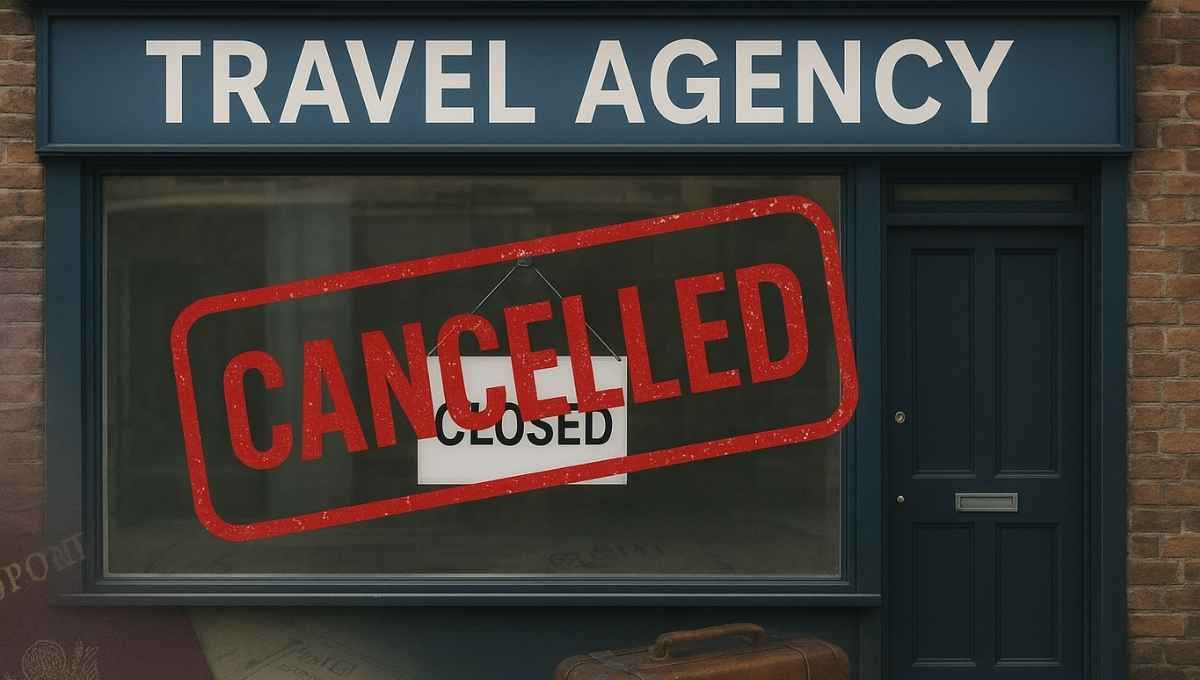Physical Address
304 North Cardinal St.
Dorchester Center, MA 02124
Physical Address
304 North Cardinal St.
Dorchester Center, MA 02124

Each year thousands of UK holidaymakers are the unlucky one of a UK holiday company going bust. Whether it is an airline going bust or a tour operator suddenly collapsing, the sudden closure of a travel firm can strand holidaymakers abroad or make them unsure about what they can get back. The news this week of yet another UK travel firm collapse is likely to have many people asking: how can I protect my holiday plans and avoid losing hard-earned money?
This guide will help answer what happens if your travel company goes bust, whether your travel insurance can help you, how ATOL protection works and even some of the most unexpected travel safety tips. By end, you will travel smarter, safer and with more peace of mind.
If a UK travel firm collapses, your first steps depend on how you booked your holiday:
If your holiday was part of an ATOL-protected package deal (which is the norm with package holidays from UK tour operators), you have legal protection. The CAA will organise refunds if you haven’t travelled or repatriation if you are overseas.
If you booked flights directly with an airline that collapses, it’s more complicated. Airlines are not covered by ATOL unless they’re part of a package holiday. In this case, you may need to:
If you booked separate hotels, car hire or excursions, you will need to contact each firm separately. Some may refund or offer flexibility, but in a lot of cases this is at their discretion.
Not all policies are created equal. Many basic travel insurance policies do not cover airline or travel company collapse. Look for add-ons or premium policies that include:
Always read the small print. If in doubt, call the insurer before buying to confirm whether airline collapse is included. Given the number of UK travel firm collapses in recent years, it’s worth paying a little extra for this cover.
Travellers were surprised to see Thomas Cook holidays back on sale after the company spectacularly folded in 2019. The key is to revive your brand. New investors bought the Thomas Cook brand after the original company collapsed, and relaunched it as an online travel agent.
It certainly highlights the value of knowing who is actually delivering your holiday for you. Do not assume that because a reliable name is attached, the business structure or protections are as they were in former times. And always check ATOL or ABTA membership, even for most trusted of brands.
Avoiding stress starts with booking smart. Here are some key tips:
In UK, ATOL (Air Travel Organiser’s Licence) is your best safeguard when booking package holidays. Always ask: “Is my booking ATOL protected?”
ABTA provides financial protection and dispute resolution if a travel agent or company fails.
Using a credit card for purchases over £100 gives you Section 75 protection, making your card issuer jointly liable if the travel firm collapses.
Choose a travel insurance policy that includes airline and supplier failure protection.
Before you book, scour the web for reviews and see if the company is financially stable. Impromptu bargains or deeply discounted packages can sometimes be a sign of financial distress.
This strange travel hack has been doing the rounds online. Strange as it may seem, holidaymakers are known to use a washcloth to block a hotel room door lock or latch for extra security. The theory is that it would make it more difficult for someone to tamper with the lock or slip unannounced into room.
However, this should not replace proper safety precautions. In the UK and abroad:
A washcloth might add peace of mind, but the best defence is vigilance and using the official security features provided.
Payment choice is one of the most effective ways to protect yourself:
The safest option for large purchases. Section 75 of the Consumer Credit Act ensures refunds for amounts over £100 if the company fails.
Offer some protection through chargeback, but this is not legally guaranteed like Section 75.
Avoid at all costs. These offer no protection if something goes wrong.
Can provide buyer protection, but only in certain cases and not always for travel purchases.
Tip: For holidays, always prioritise credit card payments where possible. It gives you the strongest legal backing if a UK travel firm collapses.
The collapse of a UK travel firm is stressful, but it doesn’t have to mean financial disaster. By:
…you can dramatically reduce your risks.
Travel is supposed to be about relaxation and adventure, not money noogies. Secure yourself beforehand and you’ll keep your peace of mind regardless of the surprises that await you down the road.